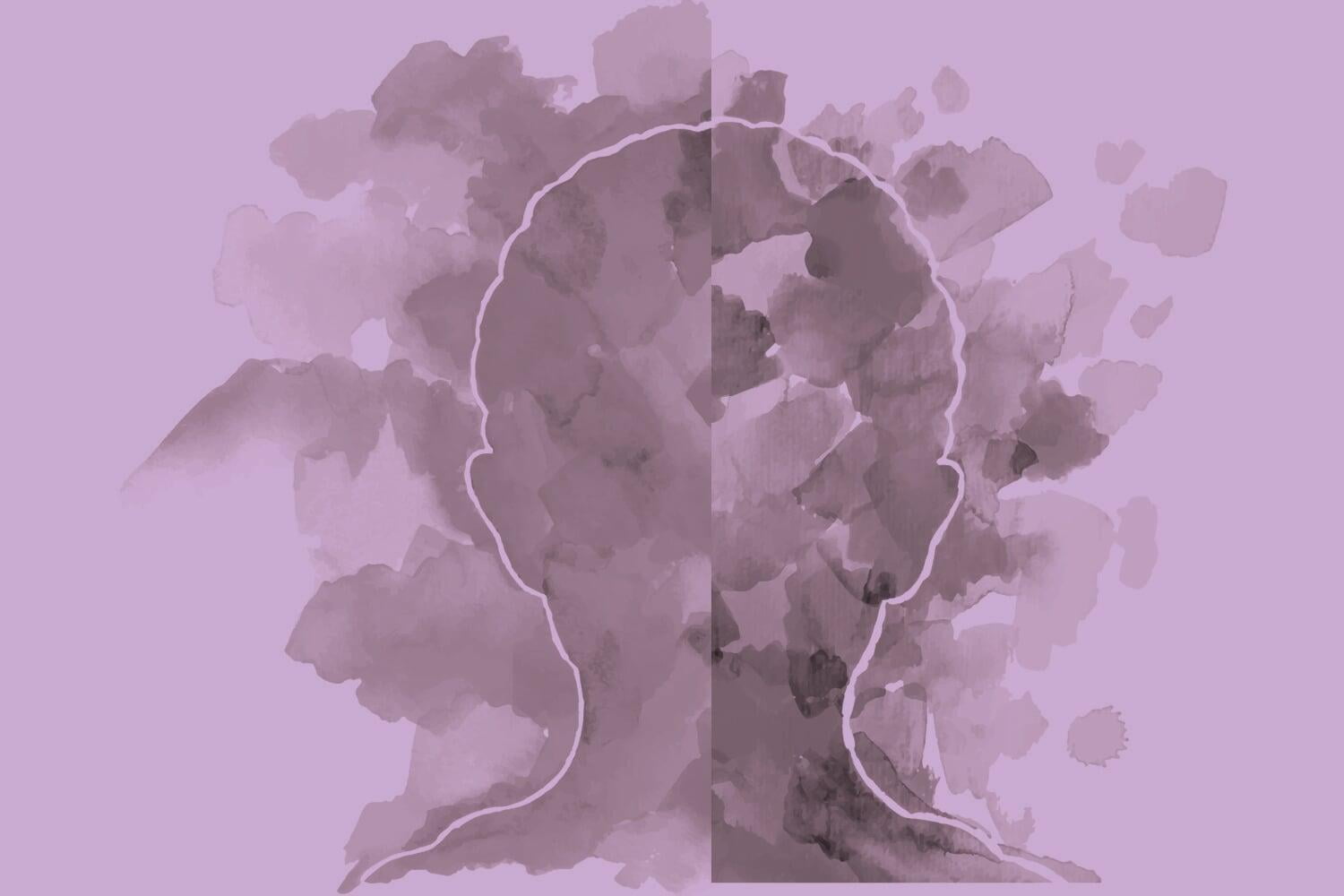Game Changers | Work | A School For Tomorrow
The Performance of our Work
What is the performance of our work in a School for tomorrow? In a School for tomorrow. we want to motivate each other as evidence-based champions of high performance and systems that improve outcomes for all learners. We need to commit to our calling, bring together the compelling narrative, describe and measure our performance, and define the narrative and role community of inquiry and practice that will help everyone to work vocationally and find their calling by asking the question: whose am I?

COMMIT TO OUR CALLING
Just as we do with our students, we need to challenge ourselves with high aspirations, to validate our sense of kinship with each other, and to promote the pathways to success that will keep us in their groove and hold us to a purpose that is beyond ourselves. We need, therefore, to encounter an ongoing experience of excellence, of those things that are the best we on offer, so that we know how high to aim, then work out how we might strive towards this and who we can bring with us along the way.
In this way, we come to understand that our work has never been simply a job or a way of earning money. While there is nothing inherently wrong with a functional or transactional way of looking at how we expend our labour, we can come to see that character of our work can form part of a greater effort at transforming ourselves and those around us. Under such a view, we do not see work and life as polar opposites to be balanced with each other. Instead, work becomes just as meaningful and valid a way of us demonstrating our character and competency as anything else.
In fact, the very capacity we have through our work to demonstrate a calling to serve others, to place the needs of others before ourselves habitually and purposefully, brings to this work the quality of a vocation.
Few of us will hold the same job for our whole lives. Yet each role we perform can help us to make progress along our pathway and help us to grow. We can put ourselves and our love for others into our work when this work is meaningful to us. For this to happen, our work must be personalised to our needs and situation, aligned with our context and the expectations of those around us, and integrated into the narrative of our lives.
“The best way to not feel hopeless is to get up and do something. Don’t wait for good things to happen to you. If you go out and make some good things happen, you will fill the world with hope, you will fill yourself with hope.” Barack Obama
DESCRIBING AND MEASURING OUR PERFORMANCE
We also need to know that we are doing a good job of what we do. To do this effectively, we will need to build for ourselves some idea of what high performance for us really looks like. In this way, we connect the adaptive expertise and self-efficacy we are accumulating throughout a lifetime and make it tangible through the goals we set, the approaches we take, and the output we create. We need to become strong in how we gather, measure and evaluate data about this progress. Intuition and gut feeling have a role to play but must be tempered against the perceptions of others, as well as the real state of what we have been doing, what we are doing and what we might do next.
a School for tomorrow. is one that consistently demonstrates an increasing propensity towards inspiring, challenging, and supporting students to fulfil their potential to be young people of character and competency. We believe, therefore, that a great school, should track, gather evidence about, and evaluate its organisational maturity as a fit for purpose school that provides such journeys of becoming to its learners. It should measure its performance both in terms of the learning experiences and graduate outcomes of its students, as well as in its operation as a learning organisation. To do this, it should interrogate the character, climate and culture of the school, leadership of the educational programs, the effectiveness of teachers in growing the ‘whole person’, the effectiveness of student educational experiences and outcomes, the alignment of strategy and operations with respect to character education, and the nature of teacher professionalism in a community of practice dedicated to the attainment of its desired graduate outcomes based on civic, performance, and moral character competencies.
Finally, we need to know when it is right to continue to grow in place and when the time has come to move on to the next opportunity, be that within the same workplace or one that asks us to take on a new workplace or career. For some, this comes as the result of a restlessness, while others may well need someone help us to see that our gifts and talents will be best used in another context.
We have choices to make throughout our lives about our work as individuals and together. It needs to be something that promotes our sense of belonging, that helps us fulfil our potential and where we are called to do good and right things. In this way, our work becomes our calling, the thing we are meant to be doing, and Our Practice becomes worthy of committing of Our Purpose through its dedication to Our People and Our Place.
YESTERDAY, TODAY, AND TOMORROW IN OUR COMMUNITY OF INQUIRY AND PRACTICE
Schools are and always have been in the business of change. Every part of what they are is intimately connected with the growth of children. Teachers and those who support them are, inevitably, stewards of this process of change. They oversee the many changes in knowledge, skills, character and reflective capacity of young people as they move through both the social structure of the schooling experience and the personal experience of childhood and adolescent development. They ideally should become experts at supporting children as they go on this journey. Nonetheless, with the significant structural changes to the nature of education over the past few decades, their point of reference as to how they might go about this has shifted. We understand now that the expertise of the teacher needs to be an adaptive expert with strong self-efficacy and the capacity to model the character and competencies required to thrive in the world if they are going to model, teach and support this to their students.
All of this requires educators in our schools to do the very important work of aligning, personalising and integrating an education for character, competency and wellness within a community of inquiry and practice. What we think, feel, and understand about character, competency and wellness shapes the output of the work we do as a school in educating our graduates. Our perspectives of, intentions towards, and understanding of the notion of character deeply influence their responses towards the importance, function, and, most significantly, the purpose of character education so that these become more fully aligned with the mission of the school and the deeper practice of the profession. At the same time, this individual practice must operate within a consistent and evidence-based system of language, curricular intent, and professional interaction that ensures that what is being done in terms of character education brings the greatest benefit to the greatest number of learners. The work of the individual educator, therefore, needs to be situated particularly within an agreed curriculum for character learning that is buoyed by a shared language within a community of inquiry and practice. Any individual and collective perspectives on an education for character, competency and wellness need to be grounded in evidence of improved student outcomes and influenced by external research on how other schools pursue leading practice. The way to achieve this starts with the design and delivery of a research-driven and evidence-based whole-school framework for education which is organised around the attainment of an agreed set of graduate outcomes that promote student voice and agency.
We believe that schools need a model that describes how their framework might operate within these three dimensions. Individual schools may well choose to develop their own models or to tailor this particular model to suit their own circumstances. Nonetheless, a model around which shared understanding and, eventually, a community of inquiry and practice might be built, is both desirable and possible. This model must show how an education for character and competency occurs in every part of the school, is built through relationship, refined through specific pedagogies, and propelled by the culture of the school. An education for character and competency must be built according to design principles that encourage educators to plan, share, coach, measure, listen for, live, grow, and defend it. Through a blend of explicit and implicit, deliberate and spontaneous learning, it must seek above all to grow the whole person.
We believe that the values, ethos, and associated cultures of a school community are essential for its sense of identity and drive the development of its maturity as a School for tomorrow. The strategy by which it goes about selecting and working towards its preferred future is likewise very important in helping that school to be the best version of itself that it can possibly become. Evidence of learning within a community of inquiry and practice is also an essential component of a successful school. We can measure the success of a school’s overall whole program of education according to six key markers that show us the critical components for success in an education for character and competency: resilience of consensus around ethos, effective and engaging communication and reporting, robustness and consistency of standards, tangible outcomes for students and programs that meet expectations, strategic clarity and connection, and a focused and committed community of inquiry and practice. We can measure these markers for observable consistency and quality of execution across a school, especially across three dimensions of learning (contexts, design and experiences).
We want our children to be in charge of their destiny; we want them to “be the change”. This is why a School for tomorrow. needs to promote the qualities of adaptive expertise and self-efficacy required for them to develop the character, competencies, and wellness to thrive in this world and to succeed on their pathways to excellence. Ultimately, a school can sustain its performance in achieving this educational purpose through the development of fit for purpose learning culture. This means stepping forward into a preferred future where: vision and vocabulary are shared; value propositions are agreed by the school community; and the velocity, shape, and trajectory of change are designed and implemented to meet the needs of internal and external contexts. In other words, as an evidence-based, research-driven, forward-thinking and growth-minded community of inquiry and practice, we do what we need to do, what should be done, and what works. We do this together to achieve better outcomes for more learners. This is the performance of our work.







